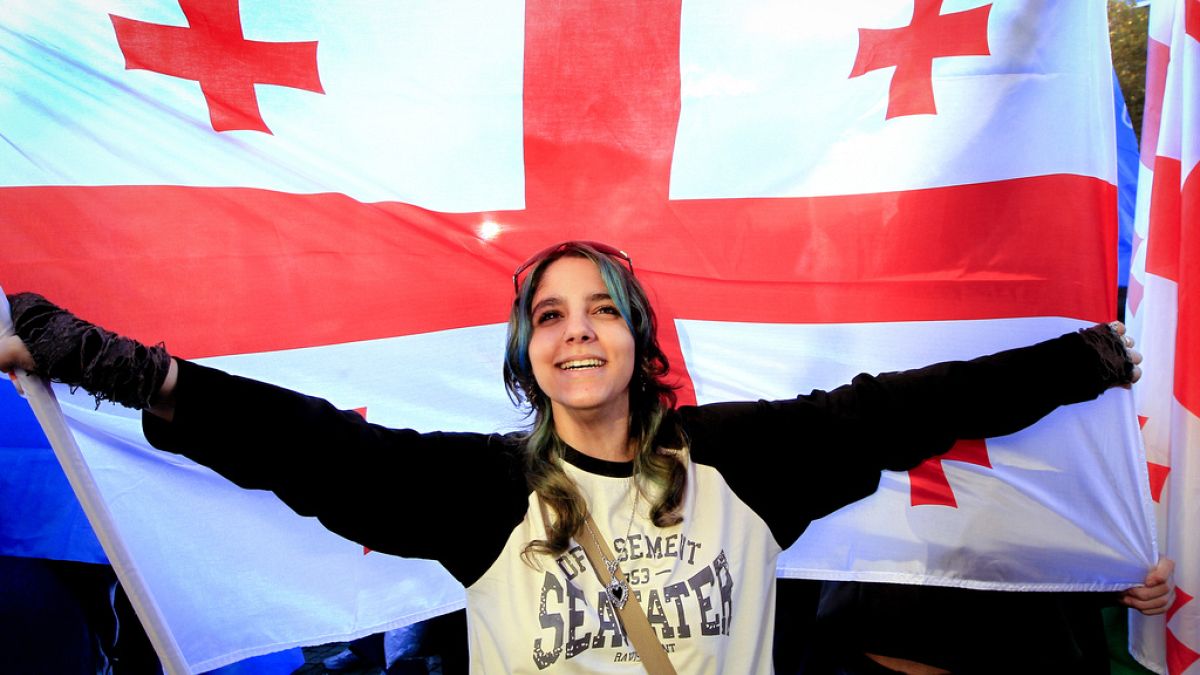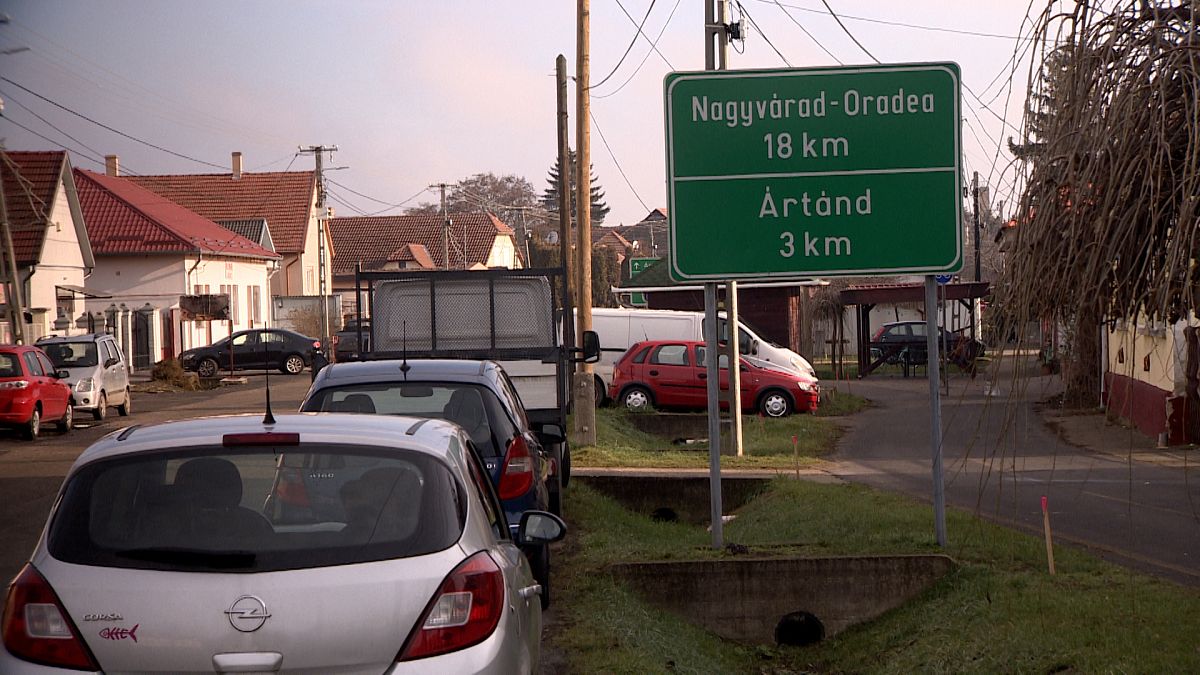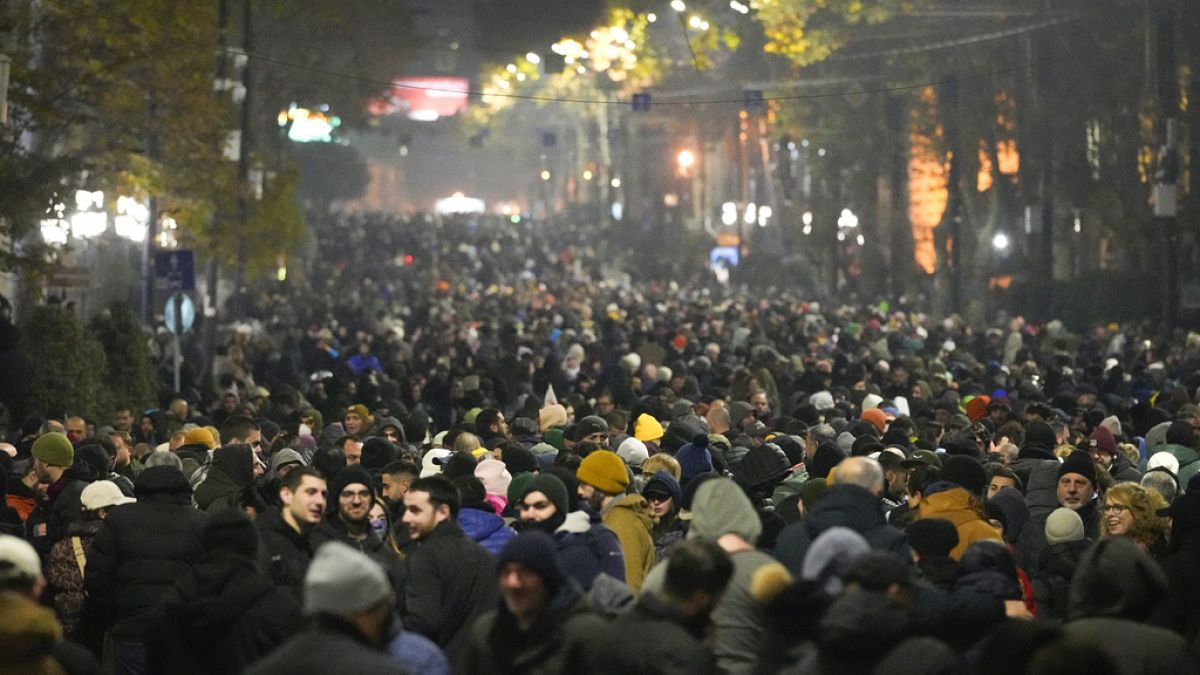MEPs likely to balk at controversial Hungarian commissioner pick
Olivér Várhelyi has little chance of winning the two-thirds majority he needs for quick confirmation, say European Parliament officials.
BRUSSELS — Hungary’s Olivér Várhelyi is hoping to win confirmation on Wednesday for another term as European commissioner. Having seen him in action over the last five years, however, European lawmakers have other ideas.
As Hungarian Prime Minister Viktor Orbán’s man in Brussels, Várhelyi has served as enlargement commissioner since 2019 — earning a reputation along the way for unswerving loyalty to his controversial political patron and rudeness toward those who cross him. This time around he’s been nominated as health and animal welfare commissioner — a short straw that reflects Commission President Ursula von der Leyen’s personal distrust of Orbán.
Not only does Várhelyi represent a government that is isolated in the EU, but he’s also burned bridges with the Parliament after calling MEPs “idiots” in a hot-mic incident last year.
The feeling appears to be mutual.
On Monday, leaders from the European People’s Party (EPP), Socialists and Democrats (S&D) and Renew held a closed-door meeting to discuss strategy for the hearing on Wednesday evening.
While there wasn’t a formal agreement by the mainstream groups to oppose Várhelyi’s confirmation, the odds seemed to be stacked against him.
“There are lots of voices suggesting his rejection,” one parliamentary official said. “Our prediction is that there will not be a two-thirds majority in favor for Várhelyi,” added a second. Both were granted anonymity due to the sensitivity of the matter.
If Várhelyi’s confirmation is derailed, he would be the first of 26 designated commissioners to hit trouble. The hearings held so far this week have all gone smoothly with the candidates quickly winning the support of MEPs.
Two-thirds majority
According to the Parliament’s rules, coordinators in the responsible committees will vote in favor or against the commissioner, with a decision requiring a two-thirds majority. In Várhelyi’s case these are the health and environment (ENVI) and agriculture (AGRI) committees.
Not all coordinators’ votes carry the same weight — this depends on the size of their political party. However, if Várhelyi is rejected by groups from the center right to the liberals, he would miss the threshold for approval.
The Greens have also been skeptical of his performance. “It is quite unlikely that we will vote for him,” said Terry Reintke, co-chair of the Greens group in the Parliament, at a press conference on Monday.
However, it’s not yet clear what would happen next.
If a candidate is rejected in the first round, the coordinators would need to decide whether to send them additional questions or call another hearing. They can also decide to split up the portfolio and relieve the candidate of some responsibilities.
“The most likely scenario will be further written questions or a new hearing,” said another official inside the Parliament. “That will also buy time for the political groups to assess the situation.” For a fourth official, “reshuffling [his portfolio] is more likely.”
“We could settle with stripping him of some important competencies,” added a Greens official.
Postage-stamp politics
Since Várhelyi’s nomination, lawmakers — along with others in the Brussels health and agriculture policy bubbles — have questioned his expertise on animal welfare issues and noted that his close ties with the Hungarian government could have a negative impact on health policies.
“Várhelyi needs to clarify that he’s not exercising Orbán’s health policy in the Commission,” Peter Liese, the EPP coordinator for ENVI, told journalists last week. While he noted that Várhelyi “has background and knowledge on health,” he added that “for animal welfare, that is not the case.”
The liberals of Renew are also unhappy to have Várhelyi on health policy. “When we look at his portfolio, there are different responsibilities and the one that is the most concerning for us is on public health policies,” Renew’s ENVI coordinator Pascal Canfin said last week.
Animal welfare organizations, meanwhile, mostly welcomed a commissioner dedicated to the issue, but aren’t thrilled by the individual choice.
“It is clear by now that Olivér Várhelyi’s cumulative knowledge on animal welfare wouldn’t fill the back of a postage stamp,” NGO Four Paws boss Joe Moran told POLITICO.
Animals need “a strong commissioner in a strong DG,” he added. “That isn’t Commissioner-designate Várhelyi, and it’s not DG SANTE. We hope MEPs act accordingly.”
Max Griera contributed to this report.
What's Your Reaction?



















































